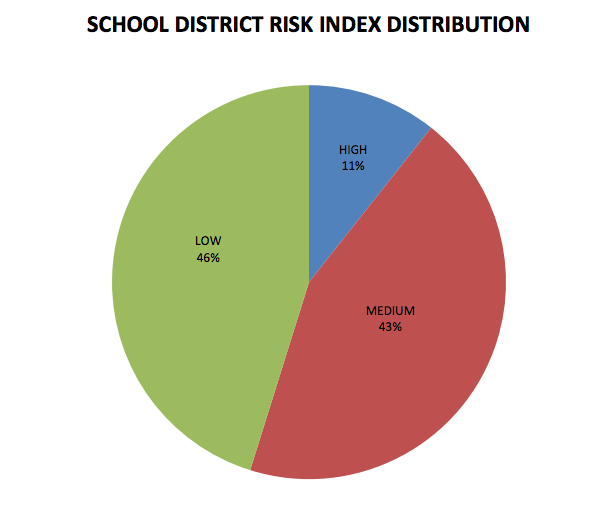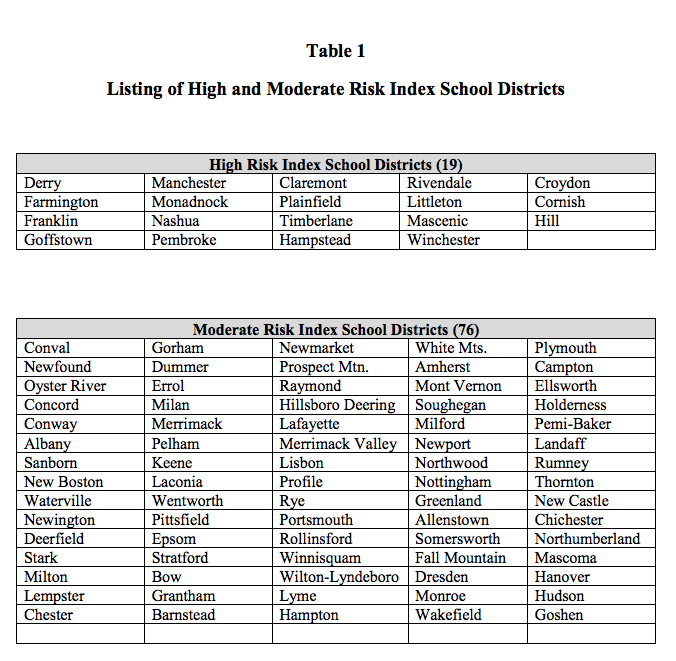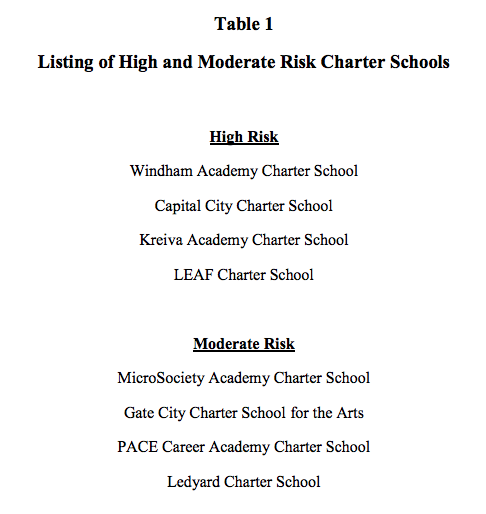
CONCORD, NH – The New Hampshire Department of Education’s Bureau of Federal Compliance has begun its second year in helping local school districts meet their reporting requirements for the federal Department of Education. The Bureau provides technical assistance, guidance documents, and other educational opportunities to assist local schools in understanding how to manage federal grants.
“Last year, the Bureau conducted 71 on-site monitoring visits, and every school had reporting problems that we helped address,” said Bureau Administrator Timothy Carney. “In most cases, schools needed to update their policies and procedures in order to ensure compliance with federal regulations, and prevent any problems in applying for future federal grants.”

For 2018 Manchester was one of 19 school districts identified as at “high fiscal risk” based on five basic criteria: grant amount, accounting system, program history, audit history and organizational structure, deemed “necessary to adequately quantify a sub-recipient’s potential risk relative to the management of federal funds.” Five charter schools were deemed “high risk,” including Kreiva Academy in Manchester. (See the full 2018 reports below for school districts and charter schools).
Federal law requires the New Hampshire Department of Education, as a pass-through entity, to monitor sub-recipients of federal funds, such as local school districts, to make sure they are using them for authorized purposes and in compliance with federal statutes and regulations. A 2016 audit revealed that New Hampshire did not have adequate monitoring in place, leading to the creation of the Bureau of Federal Compliance.

“Federal grants come with very specific reporting requirements for how time and effort is tracked, how procurement is completed, and for how inventory is managed,” Carney added. “It’s our job at the Bureau of Federal Compliance to help local school districts put the right procedures in place to avoid any compliance issues down the road. We encourage districts with a question about federal compliance to reach out to us.”
The Bureau of Federal Compliance plans to conduct at least 65 additional on-site monitoring visits during the 2019-20 academic year, and is available to advise local schools anytime.
For more information, visit the Bureau of Federal Compliance website.







